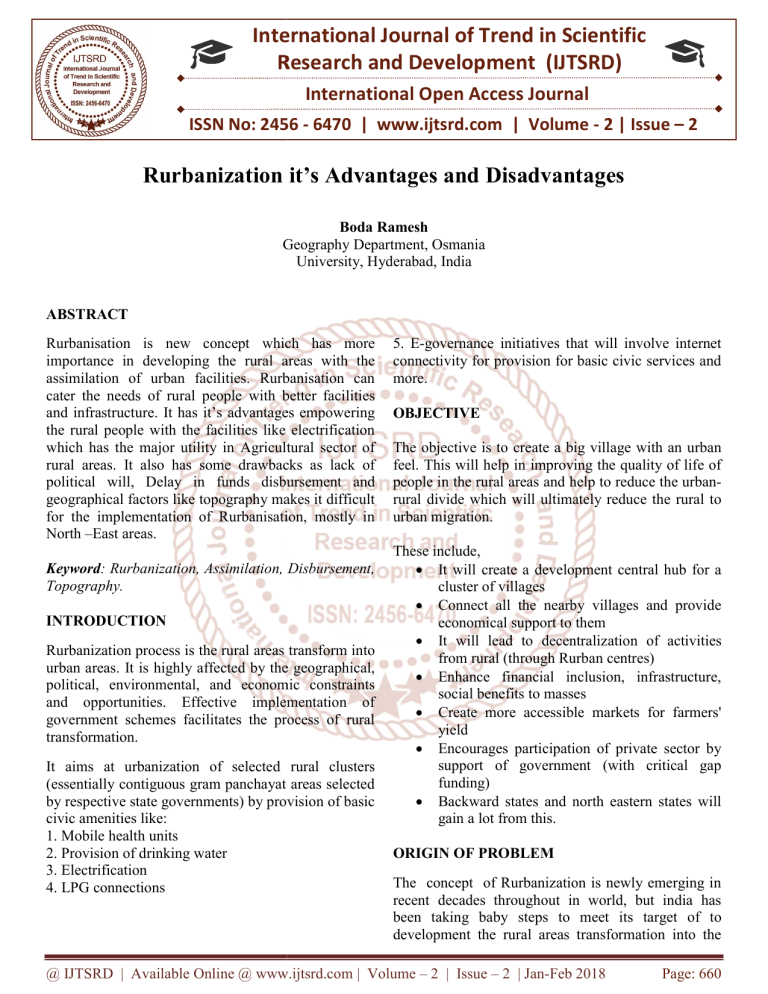Rural and urban areas are fundamentally different in terms of their population density, economic structure, and way of life. While both types of areas have their own set of advantages and disadvantages, it is important to consider the pros and cons of each before deciding where to live or do business.
One of the main advantages of living in a rural area is the sense of community. In small towns and rural areas, people tend to know their neighbors and be more connected to their community. This can lead to a stronger sense of belonging and a greater sense of security. Additionally, the cost of living in rural areas is often lower than in urban areas, with cheaper housing, lower taxes, and lower prices for goods and services.
On the other hand, rural areas often have limited access to education, healthcare, and other essential services. Transportation can also be a challenge in rural areas, with fewer public transportation options and longer distances to travel. Economic opportunities may be more limited in rural areas as well, as they tend to have fewer large employers and a more agricultural-based economy.
Urban areas, on the other hand, offer a greater variety of education, healthcare, and other services. Transportation is typically more convenient in urban areas, with a wider range of public transportation options and a denser road network. Urban areas also tend to have a more diverse and dynamic economy, with a wider range of job opportunities and a larger number of businesses.
However, urban living also has its drawbacks. Housing costs tend to be higher in urban areas, and the cost of living overall may be higher due to higher taxes and the higher price of goods and services. Urban areas may also be more crowded and stressful, with a higher population density and a faster pace of life. Additionally, the sense of community may be weaker in urban areas, as people may be more isolated in their own neighborhoods and less connected to their neighbors.
Ultimately, the decision of whether to live in a rural or urban area will depend on an individual's personal circumstances and priorities. Both types of areas have their own set of advantages and disadvantages, and it is important to carefully consider the pros and cons of each before making a decision.








